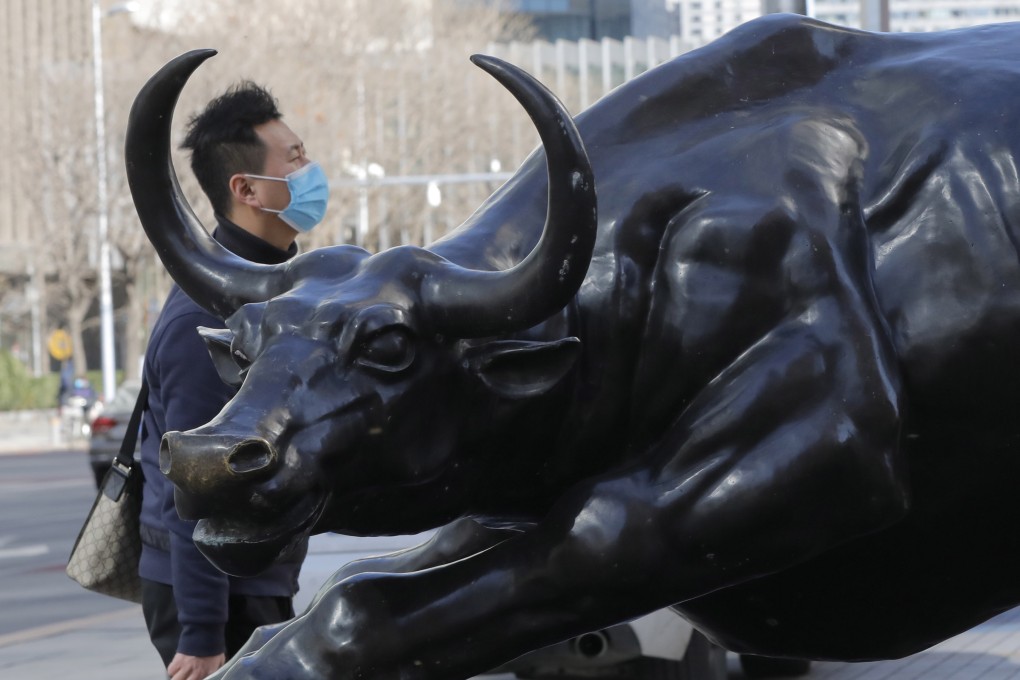Chinese securities regulator in discussions over VIEs with Hong Kong watchdog, financial firms
- A sudden ban of all overseas listings by companies using the structure is unlikely, says Morrison and Foerster partner
- VIE structure was supposed to be a transitional arrangement, so we would not be surprised if it is regulated in the future, says Wilson Sonsini partner

China’s securities watchdog has held discussions with the regulator in Hong Kong, as well as financial firms involved in fundraising deals in the city over variable interest equity (VIE) structures, according to three separate sources.
The CSRC denied a Bloomberg report on Wednesday that Beijing was considering banning these structures.
“That it is clear from the history of government regulations and pronouncements regarding the VIE structure from the last five years that a sudden ban of all overseas listings of companies using the structure is unlikely,” said Marcia Ellis, global chair of the private equity group at law firm Morrison and Foerster. “The very quick on-the-record denial from CSRC also makes me think there is more going on here than meets the eye,” she added.
VIE structures have been used by Chinese technology companies to bypass Beijing’s restrictions on foreign investment and to access overseas capital markets for more than two decades. Under such a structure, companies form an overseas entity, usually incorporated in a jurisdiction such as the Cayman Islands or the British Virgin Islands, and share the profits or economic benefits of their onshore businesses with foreign investors, who would normally be restricted when it comes to investing in a mainland Chinese company.
The discussions between the CSRC and the watchdog and financial firms in Hong Kong over VIEs were prompted by a lull in initial public offering (IPO) activity in the city.